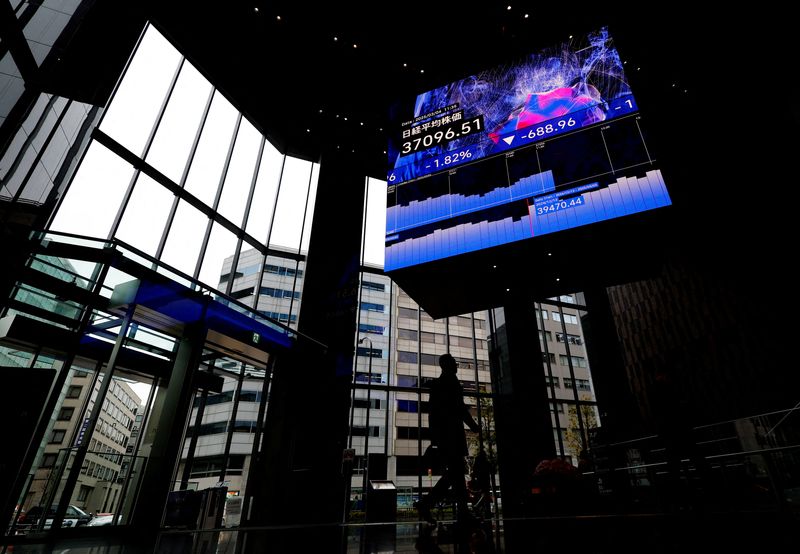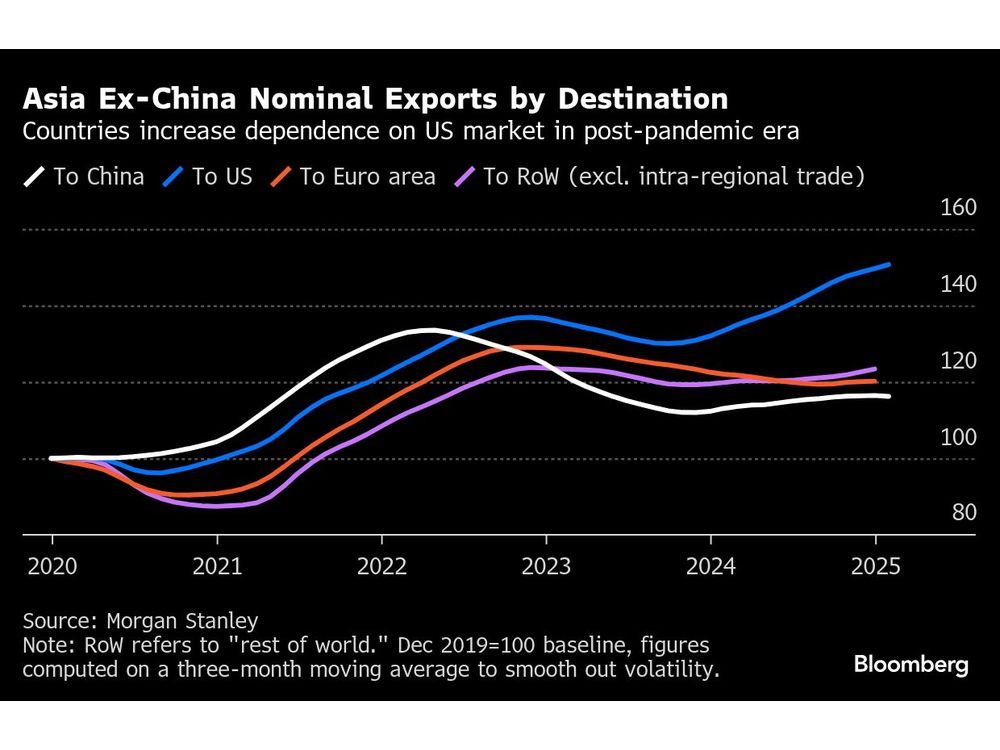An Exchange Traded Fund (ETF) is a fund that tracks an index, sector, or basket of assets just like a traditional mutual fund, but trades like a stock on an exchange. ETFs experience price changes throughout the day as they are bought and sold. The ETF market has experienced massive growth in recent years. This investing vehicle provides many benefits to investors including:
- Diversification: An ETF can hold hundreds or even thousands of different securities, which reduces the risk associated with investing in a single security.
- Cost efficiency: ETFs are typically cheaper than traditional mutual funds.
- Trading flexibility: ETFs can be traded throughout the day, whereas most mutual fund transactions take place after the market closes.
However, due to their high liquidity and passive nature, ETFs could cause an increase in price volatility and systematic risk. Reference [1] investigated this issue and pointed out,
The results from this empirical research are significant. First, they show strong evidence that passive ETF ownership is a catalyst for market instability by raising stock price volatility and beta, considering the S&P 500 index constituents from 2010 to 2020…
First, the estimations indicate that ETF issuer concentration relates to higher systematic risk, whereas evidence for the relation with stock price volatility is not conclusive. Second, we show that ETF ownership remains a significant determinant of price volatility, even when controlling for the relationship between systematic risk and price volatility, which strongly advocates for attributing this effect to the destabilizing activity of noise traders, as supported by Ben-David et al. (2014).
In short, the article concluded that Exchange Traded Funds increased market instability. This is consistent with our experience and research.
By investing in passive ETFs, investors actually take on additional risks. They should therefore require an additional risk premium in order to compensate for the increase in price instability caused by passive ETFs.
References
[1] D Nunes, Are Passive Exchange Traded Funds a Catalyst for Market Instability?, 2022, Universidade do Porto
Further questions
What's your question? Ask it in the discussion forum
Have an answer to the questions below? Post it here or in the forum




